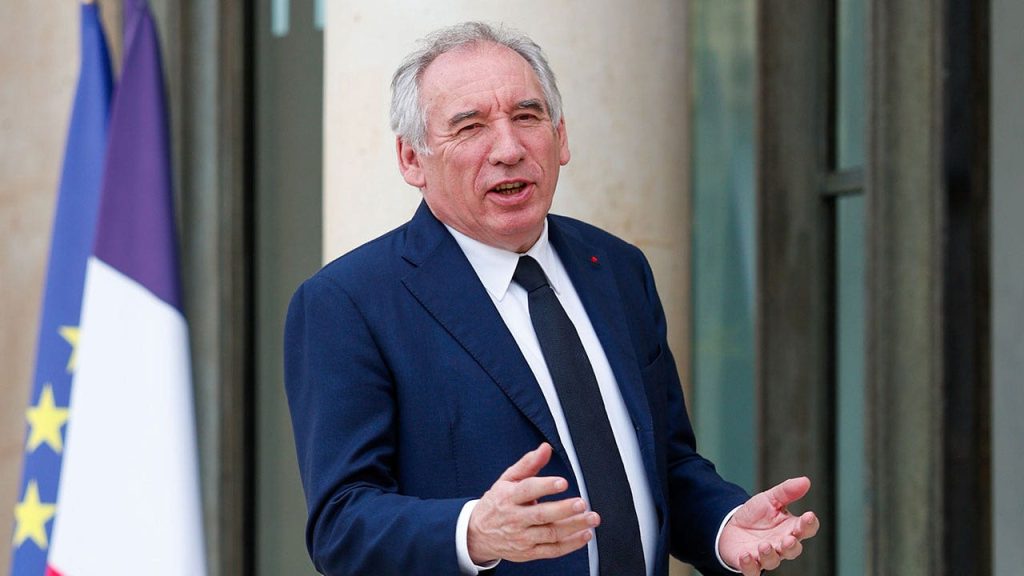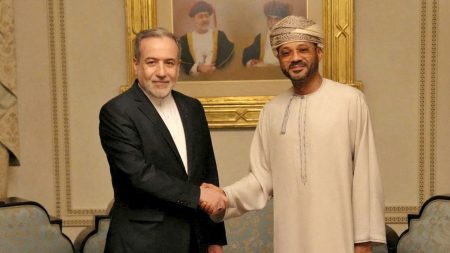Macron Faces Another Leadership Challenge as French Parliament Ousts Prime Minister
In a dramatic turn of events that highlights the ongoing political instability in France, Prime Minister François Bayrou was forced out of office Monday following a decisive vote of no confidence in the French Parliament. The 364-194 vote marks the fourth time in less than a year that President Emmanuel Macron will need to appoint a new prime minister, underscoring the fragility of his minority government and raising concerns about France’s ability to address its pressing economic challenges. This latest governmental crisis comes at a particularly challenging time for Macron, who has been attempting to position France as a leading voice on the international stage while wrestling with mounting domestic problems.
The immediate catalyst for Bayrou’s downfall was his controversial economic reform package aimed at reducing France’s ballooning public debt, which had reached an alarming 114% of GDP by the end of the first quarter of 2025. His proposals included measures to cut the fiscal deficit to 4.6% of GDP in the coming year through approximately $51 billion in spending cuts, tax increases, and the elimination of two public holidays. These austerity measures, while perhaps economically necessary from the government’s perspective, proved politically toxic in a country with a strong tradition of robust public services and worker protections. The overwhelming parliamentary rejection of these proposals reflects the deep divisions within French society about how to address the country’s financial challenges without undermining its social model.
This political upheaval takes place against a backdrop of increasing challenges for France both domestically and internationally. As Europe’s second-largest economy, France plays a crucial role in European affairs, with Macron positioning himself as a key opponent to Russian President Vladimir Putin’s war in Ukraine and as a defender of European security interests. The president has worked to elevate France’s global profile, seeking to fill perceived leadership vacuums on the international stage. However, this latest domestic crisis threatens to undermine his credibility abroad and his ability to implement coherent policies at home, creating a significant disconnect between Macron’s international ambitions and his increasingly tenuous domestic political position.
The revolving door of prime ministers – with Bayrou becoming the fourth to exit in less than a year and the fifth in less than two years – highlights the structural challenges facing French governance under the current political configuration. Following the 2022 legislative elections, Macron lost his parliamentary majority, forcing him to govern through fragile coalitions and political compromises. This has made it extraordinarily difficult to advance any significant policy agenda, particularly on contentious economic issues. Each prime minister has faced the nearly impossible task of crafting policies that can satisfy both Macron’s centrist vision and the demands of a fragmented parliament where both the left and right wings hold significant power. The frequent turnover in the prime ministerial position also creates administrative inefficiencies and policy inconsistencies that further complicate France’s ability to address its economic and social challenges.
The economic situation that precipitated this latest crisis represents a genuine dilemma for French leadership. The country’s substantial public debt has become increasingly concerning to financial markets and European partners, potentially threatening France’s economic stability and standing within the European Union. Yet attempts to address this debt through austerity measures have repeatedly encountered fierce resistance from both the public and parliament. This resistance reflects deeper questions about France’s economic model and social contract – questions that have become increasingly difficult to resolve in the current polarized political environment. The rejection of Bayrou’s economic program not only removes him from office but also leaves unresolved the fundamental challenge of how France will address its fiscal imbalances while maintaining its cherished social protections.
As Macron prepares to appoint his fifth prime minister in less than two years, the path forward remains highly uncertain. The president must find someone capable of building broader consensus across the political spectrum while still advancing some version of an economic program that addresses France’s fiscal challenges. This task is made all the more difficult by the approaching presidential election in 2027, which increasingly influences political calculations across the French political landscape. Meanwhile, international partners watch with concern as one of Europe’s most influential nations struggles with governance instability at a time of significant global challenges. For ordinary French citizens, the constant political turmoil creates a sense of governance paralysis that undermines confidence in the political system’s ability to address their everyday concerns, from the cost of living to employment opportunities. Until France finds a way to bridge its political divides and create more stable governing coalitions, these cycles of political crisis may continue, with far-reaching consequences for both France and Europe.














